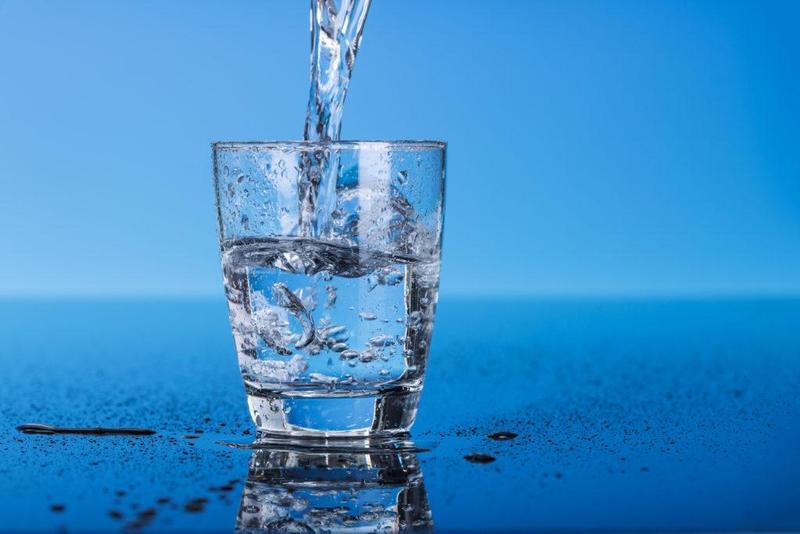Biochemical water purification - technologies for life
Biochemical water purification - technologies for life
Recently, the media has reported that biological water purification is one of the greatest scientific and technological achievements of the last 150 years. On the surface, this claim seems exaggerated, as it was during this time that airplanes and missiles, radio and television, antibiotics and vaccines, computers and mobile phones appeared, as well as the decoding of the human genome and organ transplants. In depth analysis however makes us realize that if all surface waters of the planet were treated by biological processes only, then there would be so much contamination that safe drinking water would not even be possible.
Water purification using biotechnology is among the most advanced fields of general science. It is estimated that more water is biologically purified by the British in one day than any biotechnology product, like ale, whiskey, other alcoholic beverages, milk, cheese, bread, antibiotics, organic acids, vitamins, and interferons.
Although wastewater treatment uses primarily microorganisms, all microbial biotechnologies differ fundamentally from one another. This has its own objective basis. Biotechnology deals with wastewater that is extremely complex, multi-component, unique and unpredictable every minute. In addition, all microorganisms existing in nature are able to enter wastewater, from which they must be eliminated. The third factor is that physicochemical parameters (temperature, pH, redox potential, solid content, etc.) can vary. Lastly, the biotechnology of wastewater treatment has been tasked with removing from this water, if possible, everything except water - organic compounds, heavy metals, most nitrogen and phosphorus compounds, living and dead organisms.
The quality of our water is declining. Increasing urbanization and use of household chemicals have resulted in chemical compounds like nitroglycerin and dioxins being introduced into wastewater. It is only in the last century or so that mass water pollution occurred (how could you live without chemical polymers, for example?! ), but chemical synthesis has radically and catastrophically changed the environment.
Water quality has changed dramatically over the past century. In those days, no one knew about synthetic detergents, pesticides (herbicides, insecticides, fungicides), synthetic antibiotics, or xenobiotics. Earth's biota is not ready for its consumption, transformation, destruction, or mineralization. As of the late before last century, traditional biological wastewater treatment plants could not purify new wastewater (even domestic) to the required water quality. Advanced biotechnologies are necessary. Such opportunities are now available to process engineers, and they take full advantage of them. A promising process has been developed and widely implemented only in recent decades.
- What can each of us do to prevent water pollution?
Use water wisely
Use less water when bathing or washing dishes, and turn off the tap when not needed.
Not everything can be poured into the sink
Nonbiodegradable waste must never be disposed of down the drain. Take steps to properly dispose of toxic substances such as paint or ammonia when you use them. Do not flush chemicals, medicines, or oil down the toilet or sink. Consult a hazardous waste collection point or search online for more information if you are not sure how to properly dispose of them.
Do not flush debris down the drain
Items such as diapers, wet wipes, and plastic tampon applicators should not be flushed down the toilet. These items will also litter rivers and lakes, destroying fish and other aquatic life. Instead of flushing these items down the toilet, just throw them in the trash can. To minimize the items that end up in landfills, you can use cloth diapers, recycled toilet paper, and biodegradable tampons.
Buy environmentally friendly cleaning products
There are now more and more environmentally friendly detergents on the market: phosphate-free laundry detergents, low-chemical dishwashing detergents, and other household items. For the sake of ecology's future, we need to pay attention to these trends.
Switch to organic fertilizers
Try using less pesticides and chemical fertilizers if you have a garden or vegetable patch. Pesticides are among the major contaminants in our tap water that chlorine cannot remove. Pesticides are injected deeper into the soil through irrigation, allowing them to mix with underground sources. It is better to use naturally-occurring fertilizers and humus that are collected in compost pits or barrels.
Use as little chemicals as possible when cleaning your home
Making this simple change can have a significant impact. Using toxic chemicals such as bleach or ammonia is not only harmful to water resources, but it is simply unnecessary. Natural cleaning products are also effective for household care, but they do not harm the planet's environment and water resources.
Try not to use plastic
Since plastic is not biodegradable, it accumulates in rivers, lakes, seas. Garbage that pollutes rivers, seas and lakes damages marine life and people. If possible, use glass containers or cloth bags instead of plastic.
Be the first to post a message!
